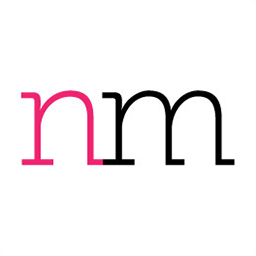Elizabeth Andoh Pays Culinary Tribute to the People of Tohoku
The esteemed Japanese cookbook author Elizabeth Andoh made an appearance tonight at The International Culinary Center in Soho to talk about her new e-book, Kibo, a culinary tribute to the people and foodways of Tohoku, Japan.
The area is still reeling from the quake-tsunami-nuclear disaster of March 11, 2011, and Andoh will be donating half of the proceeds from the book to relief and recovery efforts. "Food and culture disappear under stress," she told the audience, and so she wanted to capture the food culture of the region "before it morphed into something unrecognizable."
I had never met Andoh before, even though I was a religious reader of her Japan Times column when I lived in Tokyo. I vaguely recall someone telling me that although she is a Caucasian American, forty-plus years in Japan have given her a somewhat Japanese appearance. She did indeed seem Japanese, not just in manner and clothing, but physically as well, perhaps because of the way she pulled her hair back in a bun, or her extreme graciousness.
Some of the truly distinctive Tohoku dishes Andoh introduced were a shiso maki, thin, cylindrical shiso leaf packets stuffed with a walnut-miso paste; a salad made of dried yellow chrysanthemum petals and enoki mushroom; a sweet shira-ae, of fresh apple and dried apricots and cranberries dressed with a pine nut-and-tofu mixture, and what she described as a "funky, funky" ika ninjin, or squid jerky and julienned carrot strips simmered in vinegar, brown sugar, and hot pepper. All of them were delicious, and completely different from versions of these dishes that I grew up with.
To pair with these tantalizing morsels were three impressive saké samplings that Timothy Sullivan of UrbanSaké.com (he was a great source for my Edible Manhattan saké story) introduced: Nanbu Bijin Tokubetsu Junmai, Daishichi Kimoto Junmai and Urakasumi Zen from the disaster-affected prefectures of Iwate, Fukushima and Miyagi.
Andoh noted that her Japanese cookbook colleagues were puzzled by her desire to talk to the devastated people of Tohoku about their food traditions, and later told me that their incomprehension "made me realize how American I am." It's also in her nature to want to study these things; she was trained as an anthropologist at the University of Michigan before, on a lark, applying for a scholarship to study in Japan, a country she knew nothing about.
Thanks to Yukari Sakamoto, author of the wonderful Food, Sake Tokyo for alerting me to tonight's event!



